Blog
Explore our blog posts about the importance of hereditary cancer testing and reproductive carrier screening.
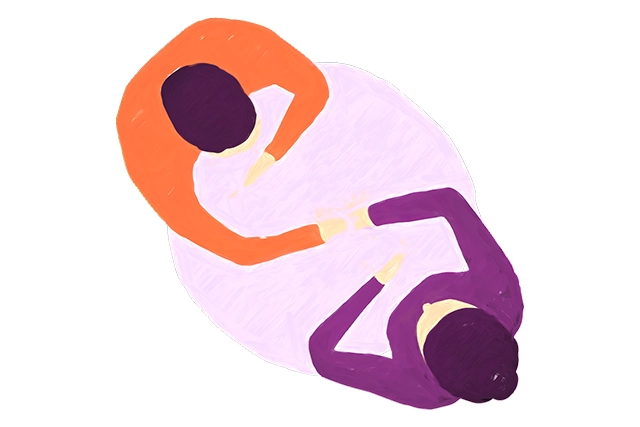
How to Talk to Your Partner About Carrier Screening: Family Planning & At-Home Testing
Planning a family? Learn how to approach the carrier screening discussion with your partner. Get tips on addressing concerns around genetic testing, costs, and at-home testing options.

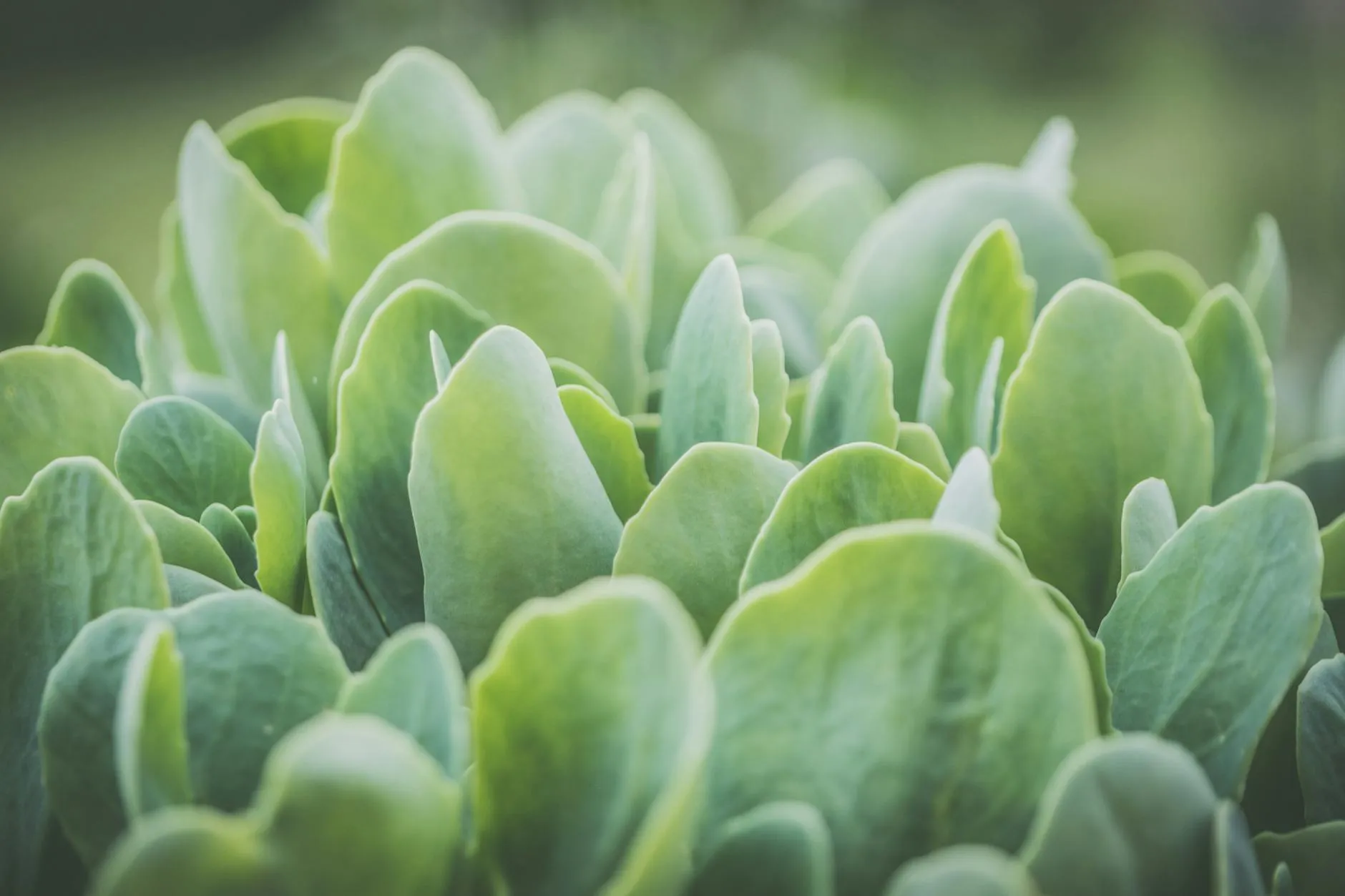
How to Talk to Your Partner About Carrier Screening: Family Planning & At-Home Testing
Planning a family? Learn how to approach the carrier screening discussion with your partner. Get tips on addressing concerns around genetic testing, costs, and at-home testing options.
Click through to uncover the in-depth disscussion, expert insights, and valuable context that paint the complete picture. Check out the full story to see the entire article.
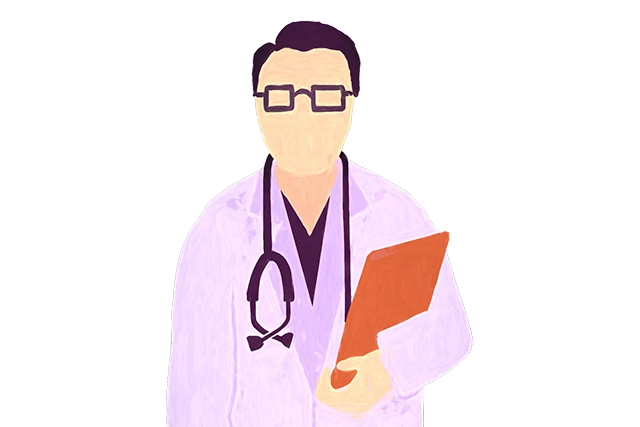

Where to Get Genetic Testing for Cancer: Your Complete Guide
Discover where to get genetic testing for hereditary cancer. Learn what to look for and how to choose the best option.
Click through to uncover the in-depth disscussion, expert insights, and valuable context that paint the complete picture. Check out the full story to see the entire article.


Who Should Consider At-Home Genetic Testing?
Discover why genetic testing matters for everyone—adopted individuals, those with no family history of disease, and mixed-race couples. Learn how jscreen makes testing accessible.
Click through to uncover the in-depth disscussion, expert insights, and valuable context that paint the complete picture. Check out the full story to see the entire article.
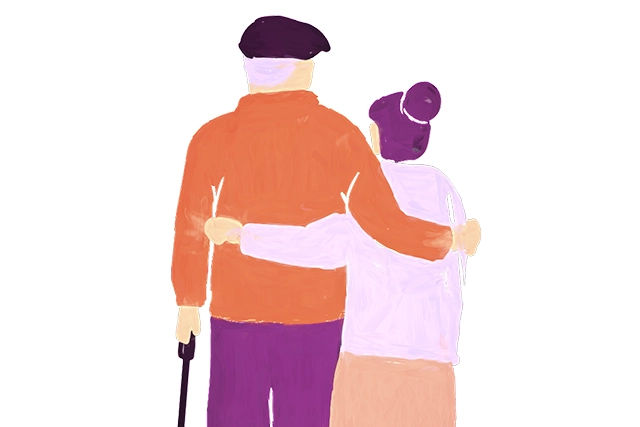

At-Home Cancer Genetic Testing: Take Control of Your Hereditary Cancer Risk
Discover how at-home cancer genetic testing makes it easy to learn about your hereditary cancer risk. Learn how the process works, who can benefit, and how jscreen includes both physician ordering and expert genetic counseling.
Click through to uncover the in-depth disscussion, expert insights, and valuable context that paint the complete picture. Check out the full story to see the entire article.
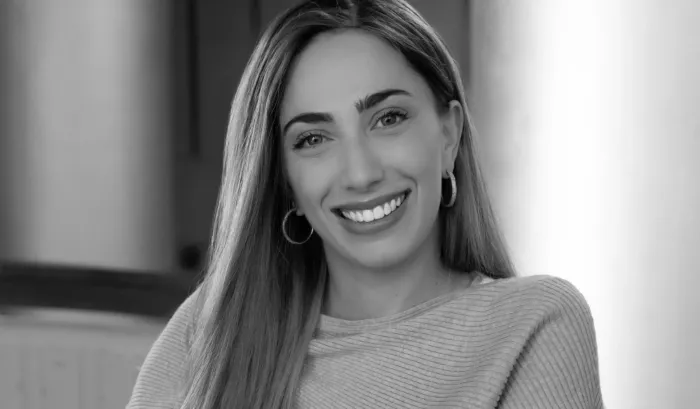

Genetic Testing for Cancer: Q&A With A Genetic Counselor
Wondering if you should get genetic testing for cancer? Understanding your genetic risk can be life-changing, opening doors to early detection, preventive care, and potentially life-saving interventions. One of jscreen’s very own genetic counselors, Sharon Pollack, breaks down everything you need to know about genetic testing for cancer risk, from who should get tested to how to navigate your results and next steps.
Click through to uncover the in-depth disscussion, expert insights, and valuable context that paint the complete picture. Check out the full story to see the entire article.


Becoming Your Best Advocate: Navigating Genetic Testing Through Knowledge, Support, and Empowerment
Discover how education, support, and empowerment can help you navigate genetic testing, understand your risks, and confidently advocate for your genetic health.
Click through to uncover the in-depth disscussion, expert insights, and valuable context that paint the complete picture. Check out the full story to see the entire article.